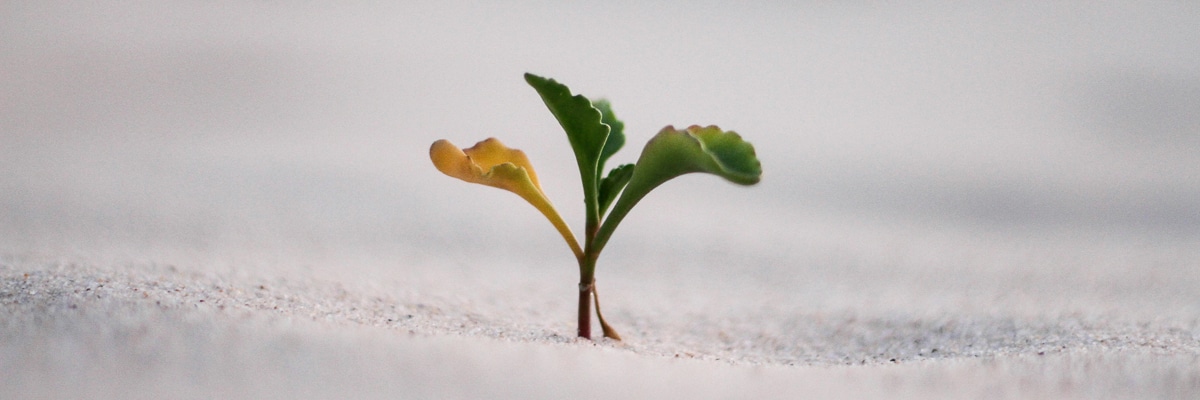
Depth psychologist Carol Pearson considers the gifts shared by those who have completed the hero’s journey of inner transformation:
At the beginning of the classic hero myth, the kingdom is a wasteland. Crops are not growing, illness is rampant, babies are not being born, and alienation and despair are pervasive. The fertility, the sense of life, has disappeared from the kingdom.…
A more youthful challenger goes on a journey … [which] transforms the challenger, whose treasure is the discovery of a new and life-affirming perspective. When the hero returns … fertility and abundance are restored. Rain falls, nourishing parched ground. Crops spring up, babies are born, the plague is cured, and people feel hopeful and alive once more.…
Heroes, then, are not only people who grow and change and take their journeys; they also are agents of change.… The hero’s task always has been to bring new life to an ailing culture.
In ancient times, societies were governed by kings and queens.… Today, however, we prize the achievement of democracy. Yet living in an egalitarian society carries with it responsibilities. Instead of only exceptional people going on the quest, we all need to be doing so. Heroism today requires us all to find the treasure of our true selves and to share that treasure with the community as a whole—through doing and being fully who we are. To the degree that we do so, our kingdoms are transformed. [1]
Richard locates the generativity of our spiritual journeys with our deeper connection to the Source of all life:
The hero “falls through” what is merely their life situation to discover their Real Life, which is always a much deeper river, hidden beneath the appearances. Most people confuse their life situation with their actual life, which is an underlying flow beneath everyday events. This deeper discovery is largely what religious people mean by “finding their soul.”
The hero returns to where they started and “knows the place for the first time” [2], but now with a gift or “boon” for their people or village. As the last step of Alcoholics Anonymous states, a person must pass the lessons learned on to others—or there has been no real gift at all. The hero’s journey is always an experience of an excess of life, a surplus of energy, with plenty left over for others. The hero has found eros, or life energy, and it is more than enough to undo thanatos, the energy of death.
Interestingly enough, this classic tradition of a true “hero” is not our present understanding at all. There is little social matrix to our present use of the word. A “hero” now is largely about being bold, attractive, rich, famous, talented, or “fantastic” by oneself, and often for oneself, whereas the classic hero is the one who “goes the distance,” whatever that takes, and then has plenty left over for others. True heroism serves the common good or it is not really heroism at all. [3]
References:
[1] Carol S. Pearson, The Hero Within: Six Archetypes We Live By, 3rd ed. (San Francisco, CA: HarperSanFrancisco, 1998), 4, 5–6.
[2] T. S. Eliot, “Little Gidding,” Four Quartets, in The Complete Poems and Plays, 1909–1950 (New York: Harcourt Brace and Company, 1980), 145.
[3] Adapted from Richard Rohr, Falling Upward: A Spirituality for the Two Halves of Life, rev. ed. (San Francisco, CA: Jossey-Bass, 2024), 12, 13.
Image credit: Jeremy Bishop, Untitled (detail), Australia, 2016, photograph, public domain. Click here to enlarge image.
The desert and the new sprout of spring green are part of the journey.
Story from Our Community:
Recently, I stepped into the role of full-time caregiver for my 55-year-old daughter who was left paralyzed from the waist down after a long and arduous surgery. Both of our lives have been turned upside down. We are very close and love each other very much, but the past year has been a long and difficult journey. Adding to the emotional mix are a series of deep personal losses.… There have been days, weeks, months where I have felt great anger towards God.… Despite all the pain, I still feel an underlying sense of love and gratitude for all that is good. I have so appreciated the readings and community stories from Daily Meditations which have helped me in my spiritual growth. —Diane B.




